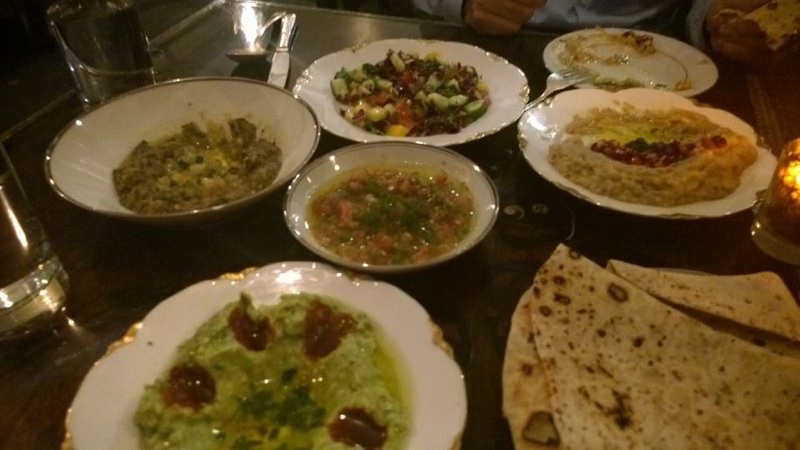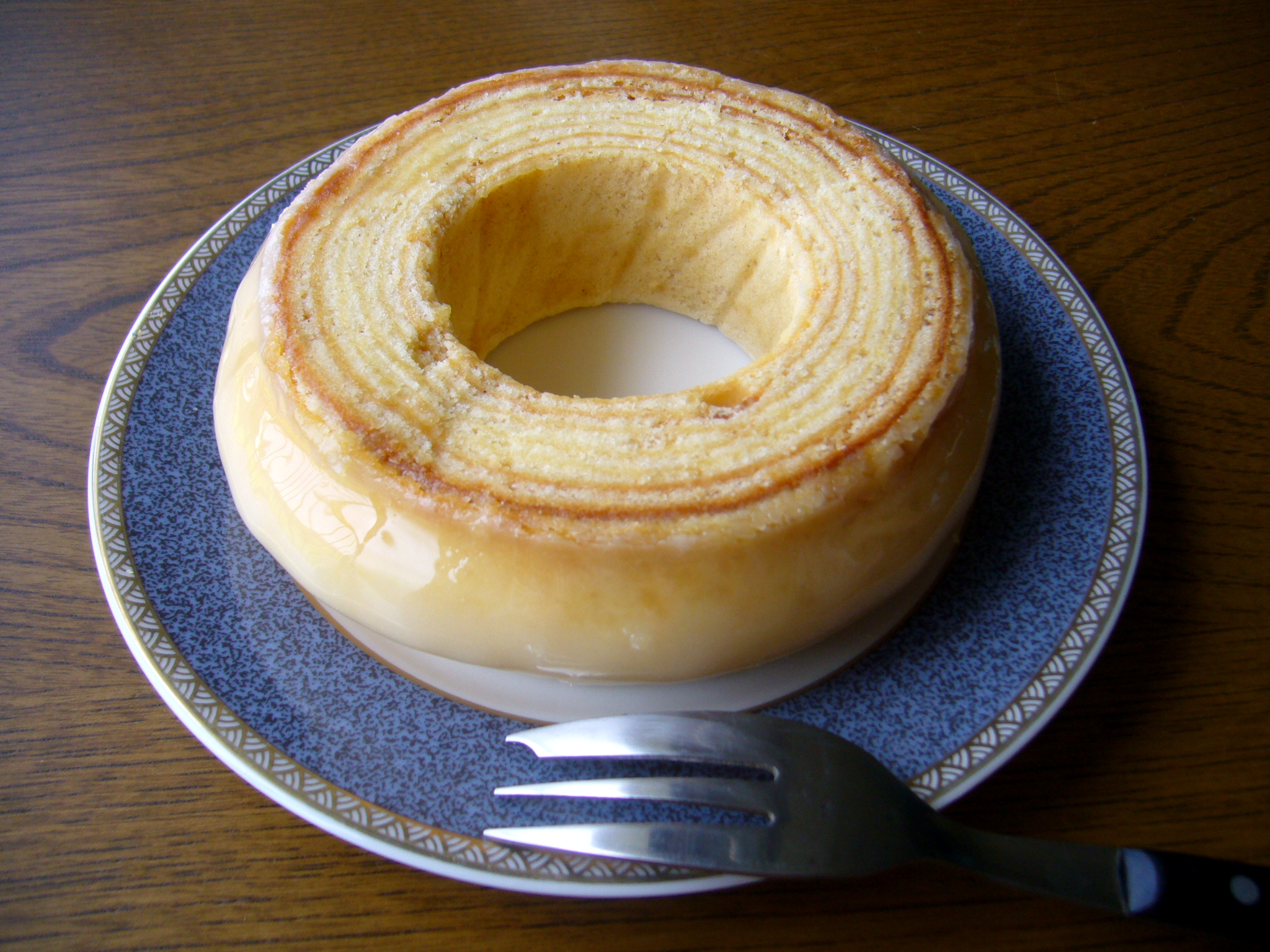Taylor Cheney, formerly of Mistral and now a cook at La Bete, is known for her Middle Eastern influenced menu and her Monday night Arab pop-ups. More recently, her pop-up hosted a dinner in honor of Laila El-Haddad, author of the newly published The Gaza Kitchen: A Palestinian Culinary Journey. Cheney credits knowing the cookbook and eventually meeting the author to Nadia Tommalieh and Lena Tuffaha, regular customers, at first, of Mistral and now friends. Tuffaha sponsored El-Haddad’s visit to Seattle for the Gaza Kitchen’s west coast book tour.
While most Seattleites know of Taylor Cheney and La Bete, far less have heard the story about how she came to love and cook middle-eastern food:
Before Arabesque at Mistral, Cheney lived in the Olive Terrace Apartments in Capitol Hill and struck up a friendship with a group of Saudi neighbors. On her nights off, she joined them for tea, hooka, and Arabic coffee. While sipping their cardamom scented coffee and nibbling on an accompanying plate of dates and sweets, she’d listen to their stories of adjusting to life in America and they would pepper her with questions about American culture.
To match their generosity, Cheney prepared kabsa, a stewed meat dish served over rice cooked in the same stewing broth, a dish she knew they missed from home. Then when Ramadan came, she prepared chapatis and chana masala to break their fast. While cooking at Mistral she prepared dishes from Claudia Roden’s The New Book of Middle Eastern Food for a staff meal, which led to her opportunity to feature a full Arabesque menu on Monday evenings.
“At the time, I didn’t understand the food as well as I do now, but I was trying really hard, just humbly trying to make these dishes,” explained Cheney.
“I had no real reference for what they tasted like. We didn’t have many Middle Eastern restaurants. All I knew was what I had read in books. I knew I had to go to the Middle East and experience it.”
This is a bad idea, she recalled her friends and family saying when she brought up the idea of going to the Middle East. “Especially considering the way you look,” some had said.
But one night, after weeks of discussion and trepidation, Cheney went online and bought a ticket to Egypt. She secured a contact, a fellow cook living in Egypt, through Lucy Damkoehler, a former pastry chef she worked with at Mistral. There was no turning back, despite the fact that leading up to her trip, the Revolution in Egypt was quickly escalating.
“I knew I wanted to go to the Middle East and I was going to do it no matter what, but on the inside, I was really scared. Because of the media, you can’t help but be. It’s almost impossible not to be afraid of the Middle East,” said Cheney.
As the plane descended upon Cairo, close enough to where Cheney could see the little houses nestled in neighborhoods, she felt a sense of resolve. At the airport, she watched as curious locals stared back at her and fully covered women shuffled by, but they were people like any other, she thought.
Her first stop in Cairo was a shawarma stand, where she watched cooks shave meat off a vertical spit onto bread baked and pressed to order. From there, with the help of her contact, she spent two weeks visiting local restaurants, and traveled to Mount Sinai where she dined on whole roasted fish from the Red Sea. As her time in Egypt winded down, she was already anticipating her return.
The six months after she returned to Seattle, she saved up money, got rid of her possessions, and returned to Cairo on a one-way ticket with $4000 in savings. In Cairo, she settled into a small apartment shared with a family of four in the rough neighborhood of Ein Shams.
“Egyptians are really tough. They work so hard. In the neighborhood I was in, everyone was struggling. The electricity would turn on and off and the water was sometimes not working. It’s normal to them,” said Cheney.
When a job opportunity at a soon-to-open restaurant fell through, Cheney pulled up a chair beside her roommates who sat in circle on many evenings preparing meals, drinking tea, and chatting. “Sitting and cooking with all these Egyptian women all the time was way better than working at this restaurant. These women were teaching amazing things, dishes that have been passed down for hundreds of years. How to set up a breakfast, how it’s supposed to look, how you serve the rice with vermicelli, and how there’s soup on the side,” said Cheney.
Cheney frequented markets and prepared meals with them, slicing vegetables as they did in their hands and letting the pieces fall into a bowl on their laps. Cheney had also prepared for them fattoush salad and maklouba — an upside down rice and chicken casserole—recipes she learned from Tommalieh.
After a year, Cheney returned to Seattle, where she and Tommalieh shared recipes, home cooked meals, and dinners with friends. Ask Cheney about certain Arab dishes and she would credit her knowledge about many of them to Tommalieh, who invited Cheney to her home on multiple occasions and purchased the ingredients needed to prepare them from scratch. Others, she picked up from her time spent in Egypt with her host family. She prepares many of these dishes at La Bete’s Monday pop-ups.
On the week before the pop-up for The Gaza Kitchen dinner, Cheney and La Bete chef-owner Aleks Dimitrijevic stopped by Goodies Mediterranean Market to pick up ingredients for the menu. Two store employees helped them locate items on their list, and when hearing that the dinner was held in honor of author El-Haddad, they graciously cupped Dimitrijevic’s hand and thanked him.
“I’m Palestinian,” one of them said, “Thank you. Thank you so much for helping us. Thank you for representing us.”







